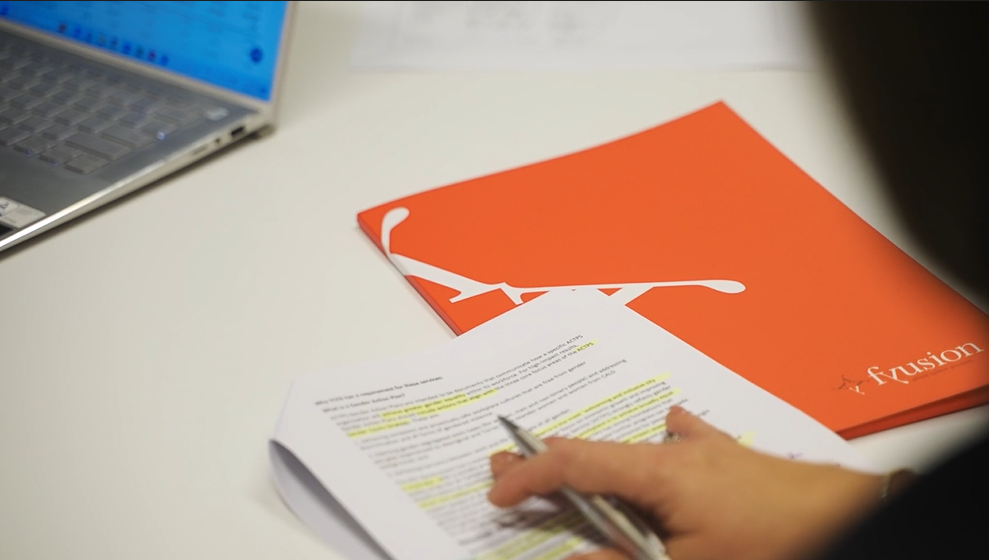Development of an operational model for a Corporate Cultural Shared Services Centre
The Client:
A National Museum
The Project:
In the context of the Commonwealth Government’s Shared Services Agenda, it was shown that substantial efficiencies could be achieved through the consolidation of common, non-core activities across the public sector. The client had sought funding to be the shared services provider for the arts and small agencies across the Commonwealth. We assisted the Museum to develop a sustainable corporate shared services framework to facilitate the records management activities of three Commonwealth cultural institutions.
The Approach:
In order to develop a sustainable and rigorous framework for the Museum, we performed detailed desktop research to review processes and procedures related to the records management functions of the three cultural institutions. Part of this work involved developing a detailed understanding of the client agencies’ records management lifecycles and when record destruction and de-accessioning was appropriate. We conducted a comparative analysis of the agencies records management systems, including TRIM v.7.3.4 and RMA, to determine the licensing and processing differences and the benefits and drawbacks of each system. This enabled us to understand the complexity of requirements and specific service needs for each agency as well as the resources required between them, which we presented to the NMA.
This analysis enabled us to co-design and facilitate a planning workshop to provide an opportunity for different Commonwealth agencies to discuss shared service opportunities. This collaboration provided a rich source of data, which gave us an evidence base from which to develop four shared services record management models for consideration. These models were designed specifically around the agencies’ needs, with detailed risk analysis, financial projections and a comparison of the advantages and disadvantages of each option across all three institutions.
The Outcome:
We delivered the final options paper which explored the feasibility of sourcing low complexity, low risk and high-volume corporate services from an external shared services provider. The final option was proposed and New Policy Proposals (NPP) funding was approved.
Due to our in-depth knowledge of the requirements, we were subsequently reengaged by the Museum to support the development and implementation of a Cultural and Corporate Shared Service Centre (CCSSC). Once the new records management model was developed, we designed and delivered training to relevant staff members to ensure that the new records management policies and procedures were understood and incorporated into the business-as-usual work of the client agencies and the Museum.

